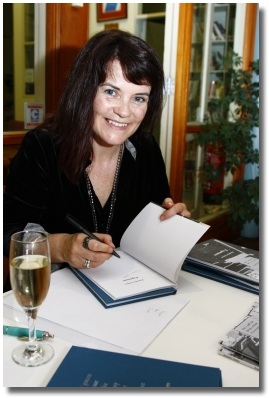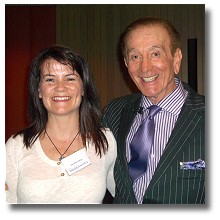This blog is about language, not politics. Political behaviour that uses ambiguous language to curtail the use of language, however, definitely gets my attention.
Ireland's politicians have seen fit to introduce a new crime of blasphemous libel to replace the Defamation Act of 1961.
Many articles already discuss it
here,
here and
here.
Please bear with me while I offer you the short, sharp version.
Article 40.6.1.i of Ireland's Constitution protects freedom of speech for its citizens as follows:
'The State guarantees liberty for the exercise of the following rights, subject to public order and morality: The right of the citizens to express freely their convictions and opinions.'
It qualifies this freedom of speech with the imposition of an obligation to implement the constitutional offence of blasphemy:
'The publication or utterance of blasphemous, seditious, or indecent matter is an offence which shall be punishable in accordance with law.'
(Although the Defamation Act of 1961 fulfilled those obligations, offering up to seven years in prison and a hefty fine, only one blasphemy action was ever taken in the State since the introduction of the 1937 Constitution.)
Ireland's Minister for Justice, Dermot Ahern, has just repealed the Defamation Act. In doing so, however, he has had to satisfy the constitutional obligation.
And he has, in fine style.
Blasphemy now has its own special place in Irish law. The fresh, crispy Defamation Bill introduces a new crime of blasphemous libel. Although not punishable by imprisonment, fines of up to €25,000 may be imposed on offenders.
So, Minister Ahern has replaced draconian legislation required by the Constitution with slightly less draconian, more sweetly tweaked legislation.
Are you still with me? Good.
Minister Ahern has offered reassurances about Ireland's freshly polished rod of blasphemy.
He says that the revised provision would require at least three elements to be present: the material would have to be grossly abusive or insulting in matters held sacred by a religion; it must actually cause outrage among a substantial number of adherents of that religion; and there must be intent to cause such outrage. Such intent was not previously required.
The problem I see here is that successful prosecution of a case of blasphemy may hinge on proving or disproving the existence of some of these elements. That will rely on construal of meanings, behaviour and intention. Where there's interpretation, there's ambiguity.
And there's the conundrum: the possibility of using language cleverly in a court case to prove that inciteful language was used with blasphemous intent. This clever use of language may be the sword on which true freedom of expression falls.
If I'm afraid of breaking a law that doesn't allow me to say what I think or feel, does this not contravene my basic rights as a human being to express myself?
If I insult someone's religious beliefs – reprehensible as it may be – does my insult damage their beliefs?
It may incite heated debate, but you could argue that contained prejudices are even more dangerous than those expressed in language.
Of course, this whole issue could have been neatly sidestepped with a more considered, logical and democratic approach. Minister Ahern could simply have held a referendum and asked the people of Ireland if they thought the aforesaid draconian constitutional requirement should be removed altogether.
Minister Ahern decided not to, however, because it was "a costly and unwarranted diversion".
As human beings, each of us is responsible for our own actions and our own thoughts, which ultimately emanate from our beliefs.
Language is a vital way for us to communicate those thoughts and beliefs; via language we may even be convinced to change them.
Any attempt to legislate people's use of language is akin to attempting to control their thoughts and beliefs. It limits healthy debate, restricts robust discussion and creates a level of resentment and fear.
In the words of Benjamin Franklin:
'Without Freedom of thought, there can be no such Thing as Wisdom; and no such thing as public Liberty, without Freedom of speech.'
Remember to mind your language and what you say and write (particularly if you live in Ireland).

 Some people concern themselves only with the content of a book. To them, it doesn’t matter what the book looks like. For these people, content is king.
Some people concern themselves only with the content of a book. To them, it doesn’t matter what the book looks like. For these people, content is king.  I was thrilled to have had the opportunity to attend the Dream Information Publishing Seminar presented by my mentor,
I was thrilled to have had the opportunity to attend the Dream Information Publishing Seminar presented by my mentor, 
